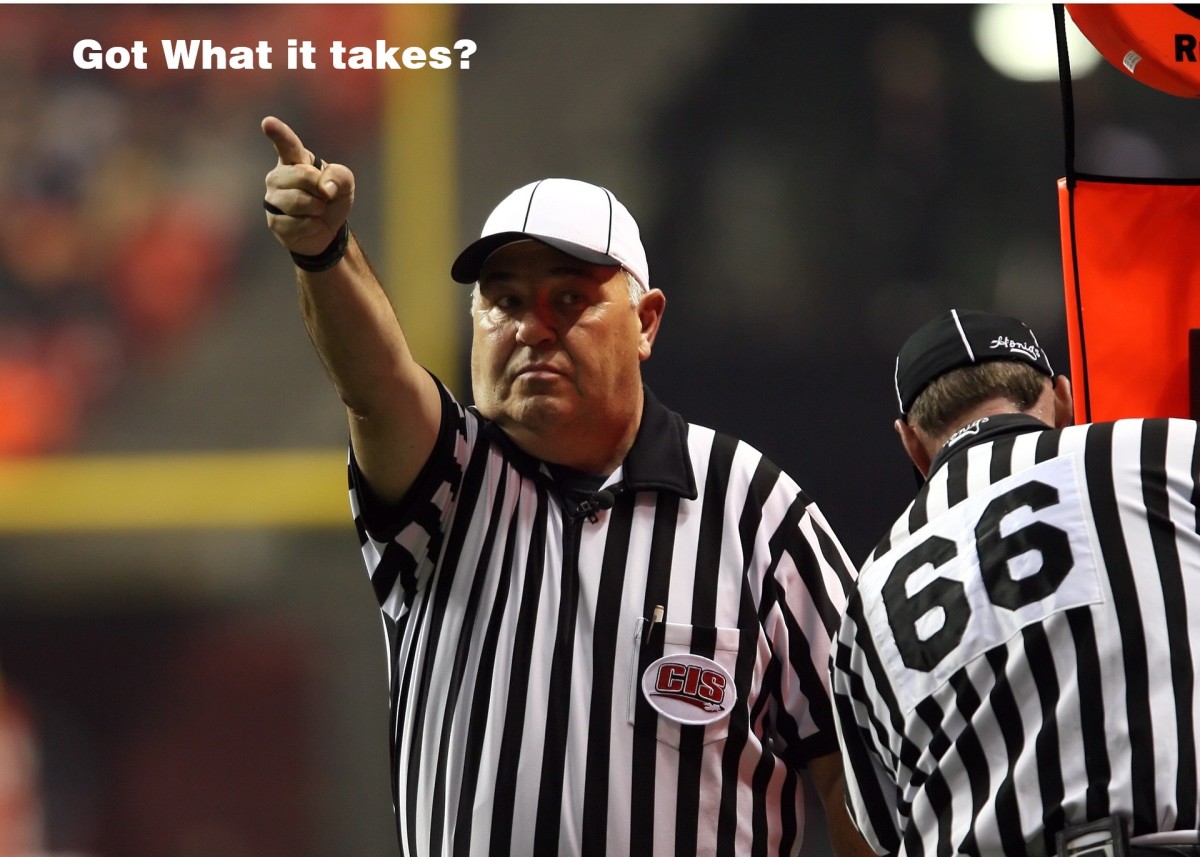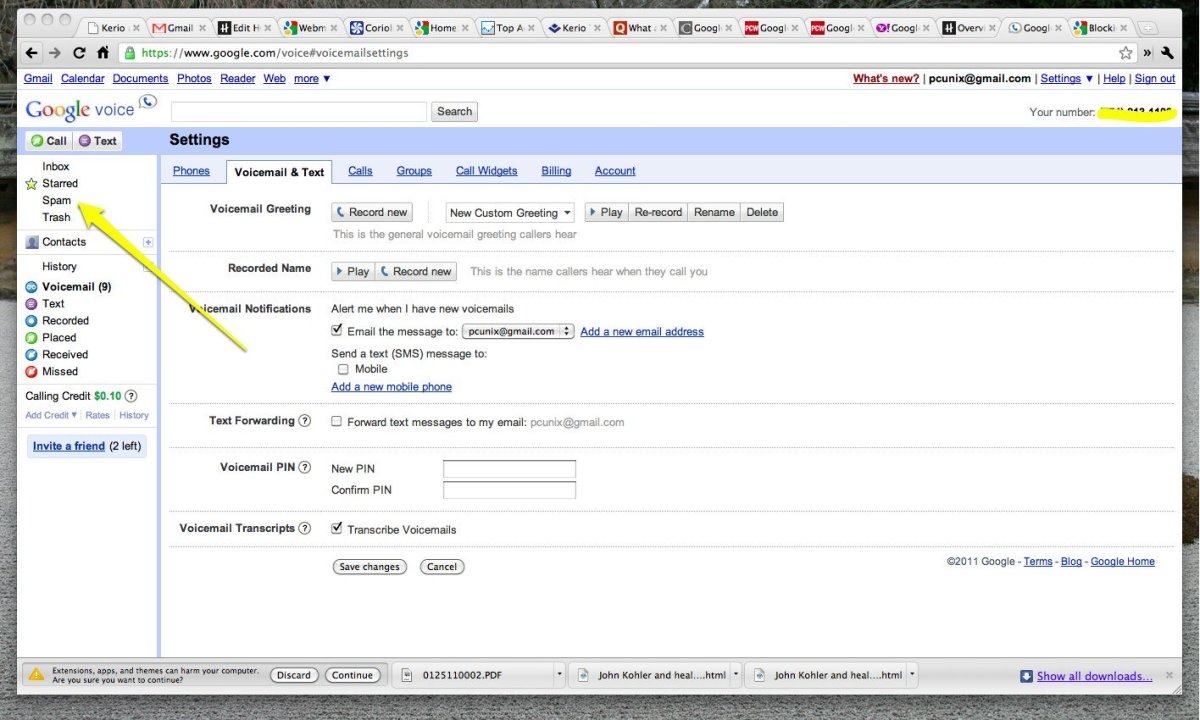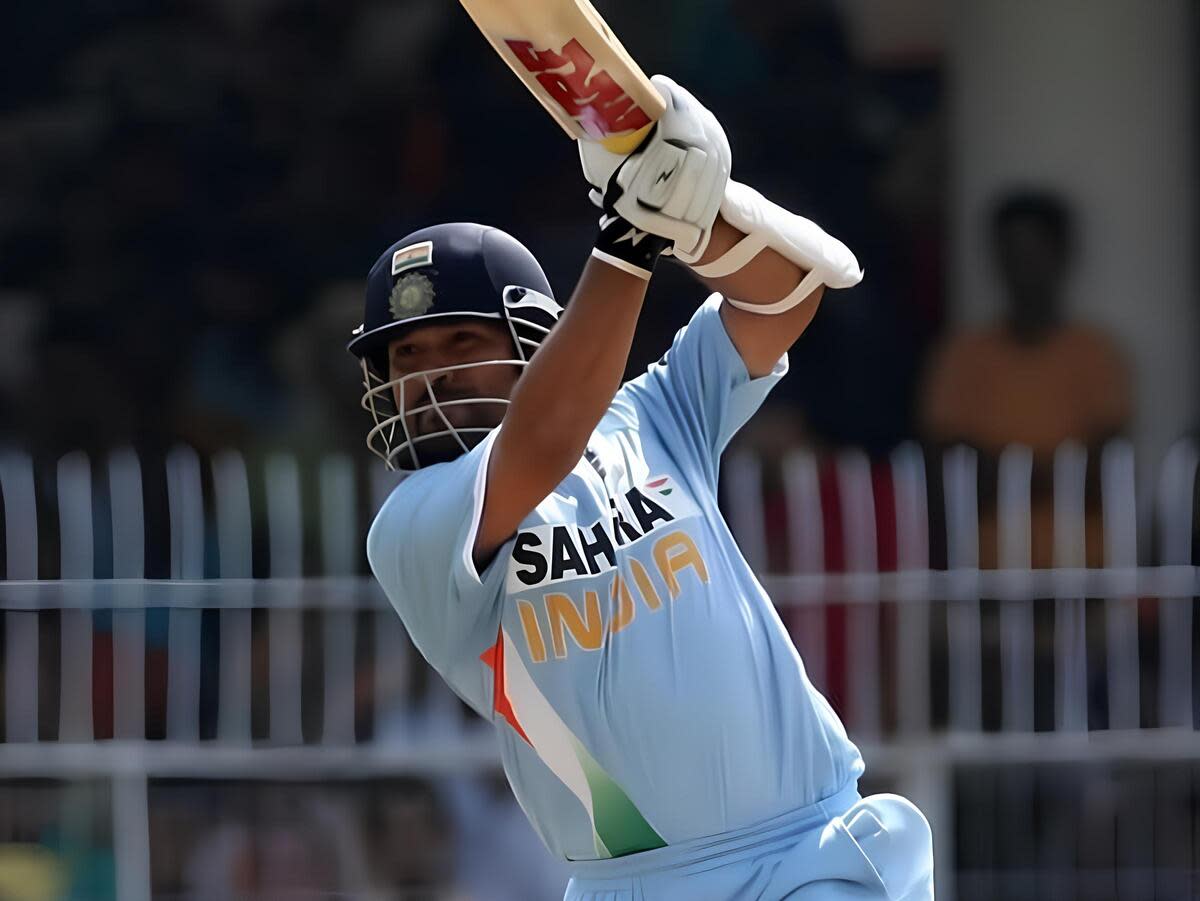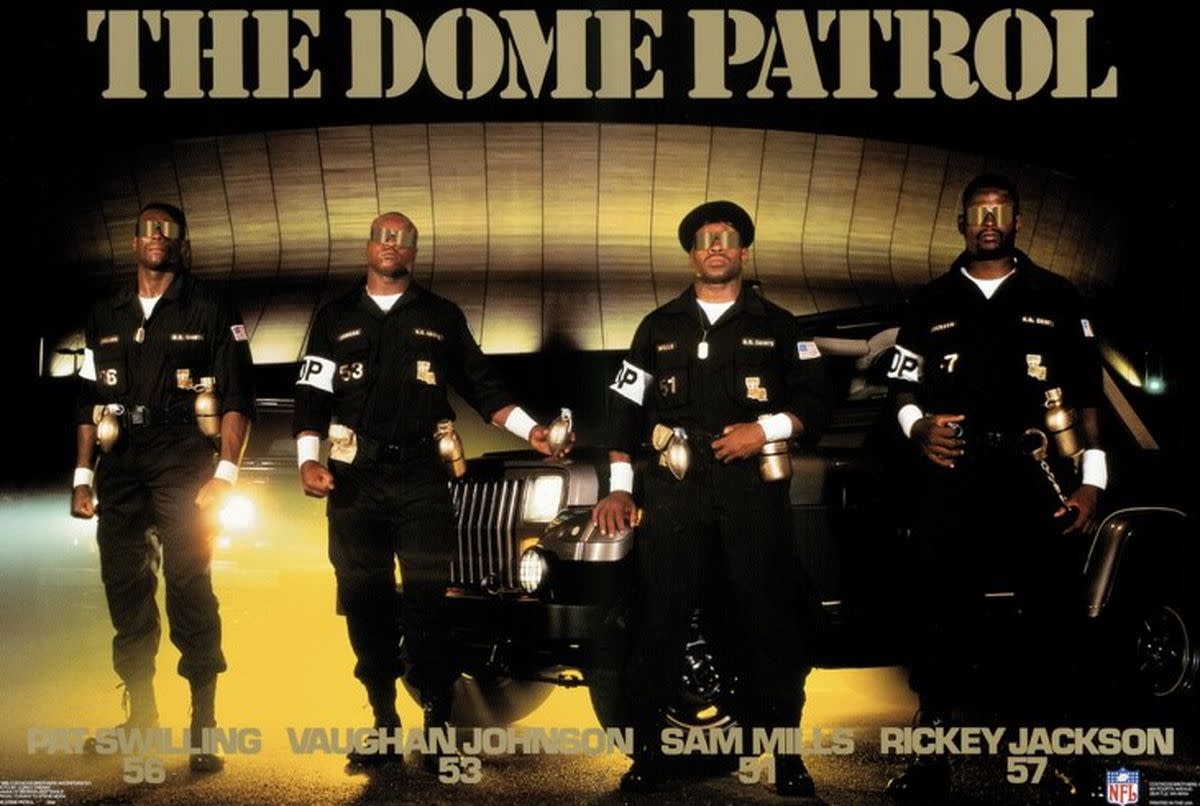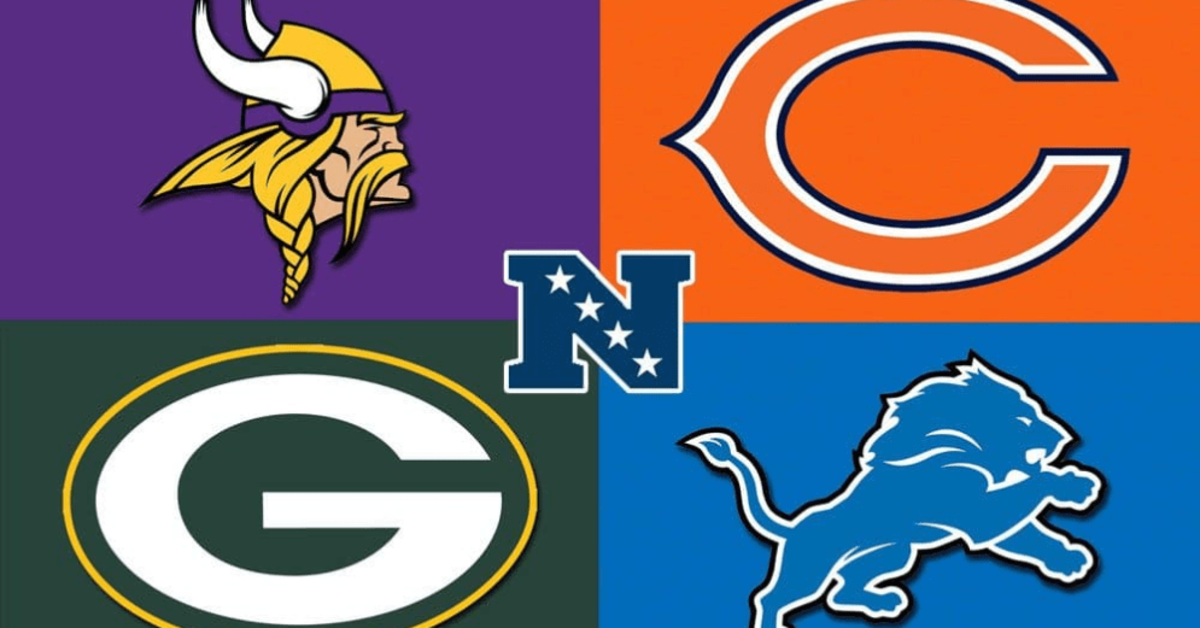Blown calls: Questioning the value of instant replay if it isn't available for all plays or doesn't get the call right
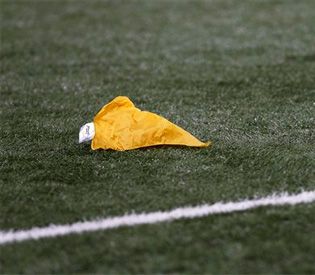
When Chicago Bears fans, who hate the Green Bay Packers, are complaining that the Packers got robbed, you know something is badly amiss. Such was the case after the Seattle Seahawks’ 14-12 victory over the Packers Monday night.
By now you’ve probably seen replays and read about what may go down in history as the worst officiated game in the history of the NFL. But to recap briefly: On the final play of the game, Seattle quarterback Russell Wilson heaved a ball into the end zone. Green Bay defender M.D. Jennings intercepted the ball over the outstretched hands of Seattle’s Golden Tate, who was that close to the ball only because he had blatantly shoved the Packers’ Sam Shields out of the way.
On the way to the ground Tate managed to place his hands on the ball, which Jennings hugged tightly to his chest. One official ruled it a simultaneous catch, which automatically goes to the receiver and thus was ruled a touchdown. After an instant replay review that showed clearly to everyone within range of a television set that the correct call was an interception, the referees decided that the ruling the field, a touchdown, stands.
Not even the worst call of the quarter
But that wasn’t even the worst call to go against Green Bay in the fourth quarter. On the Seahawks’ previous possession, Wilson tried a pass to wide receiver Sidney Rice. Shields had perfect position to catch the ball but as he went up for it, Rice grabbed Shields from behind, pushed him down and placed his hand on Shields’ face mask. An easy call of offensive pass interference, right? And possibly even a hands-to-the-face penalty. But the referees ruled it was defensive pass interference on Shields.
If that play had been called correctly, the Packers wouldn’t have been pinned on their own two-yard line later on, wouldn’t have had to punt out of their end zone and the final controversial play may never have happened.
Those weren’t the only bad calls but they were the main ones that affected the outcome of the game.
Who's at fault?
Of course, the Internet and Twitter have blown up about the officiating of that game (I haven’t read nearly all of the blogs but I have yet to see one that even hints that the officials got the call right).
The biggest bone of contention for most people is the replacement referees. The regular officials are on strike for better pension benefits and for some reason, Division I college referees are not allowed to replace them. So the NFL has tried its luck with lower level college referees without much success.
It’s easy to blame the replacement referees for the debacle they’ve caused to the NFL season so far. Or to blame the regular refs for going on strike. Or to blame the NFL for not settling the strike. My guess is that all are at fault.
Regular refs may have blown it too
But would the game have been called differently had the regular refs been there? Hopefully, but there’s no guarantee. In light of the blown calls by the replacement refs, some fans talk about the regular officials as if they could walk on water, and possibly change the water into wine as they walked on it. But I’ve seen plenty of egregious calls made by the regular officials.
If you doubt this, just ask the Seattle fans who believed they got hosed by the officials in Super Bowl XL, which allowed the Pittsburgh Steelers to win. And they may be right, since several years later one of the officials publically apologized to Seattle for two botched calls he made.
Let’s not forget that one of the main reasons we have instant replay in the NFL now is because the regular officials made so many errant calls on scoring plays and turnovers.
So while the regular refs are no doubt better than their replacements – certainly better versed in the rules – they may have botched the final call as well.
Instant replay should be available on all calls
And this brings me around to the issue of instant replay. It is somewhat stunning how often bad calls on the field are allowed to stand despite contradictory evidence on the replays.
Fox Sports employs Mike Pereira, former NFL official and former Vice President of Officiating, as its analyst for officiating decisions. While observing the replays – the same replays the on-field officials are reviewing – he explains why a call should or shouldn’t be reversed based on the rules. The actual after-review call goes against his explanation at least 50 percent of the time, which leads me to believe that either a) Pereira is the worst official in the history of the game or b) the officials are not only messing up the plays on the field but on the replays as well. (I realize there might be option c) all of the above.)
But penalties – either called or not called – are not reviewable. Those are seen as judgment calls by the refs so they cannot be questioned. However, all calls by the referees are judgment calls. Whether the runner stepped out of bounds, if the ball crossed the goal line, where the ball should be spotted on the field are all judgment calls. But those can be reviewed or challenged.
Not allowing penalties to be reviewed would make more sense if the referees had some leeway in making the calls. But the NFL has extremely detailed rules and requirements for nearly every penalty. It is pretty clear to determine from a replay what is and what isn’t holding, based on the rulebook. Same for pass interference, roughing the passer and virtually every other rule. It would be no harder to reverse a penalty decision than an out of bounds decision.
I believe that if it is so critical to get a call right about whether a receiver has possession of the ball all the way to the ground, then you should use it for every critical decision, which includes penalties. If the technology is good for one thing, then why isn’t it good for everything?
Questioning value of instant replay in baseball
And this brings me to the proposed expansion of instant replay in baseball. As I’ve written before, this concerns me a great deal. Currently only potential home runs are reviewable. Next season, fair-foul calls and catch-trapped ball plays will be under review as well.
However, plays at the bases and balls-strikes, wherein lies most of the controversy, won’t be. I don’t think I’ve seen a manager ejected for arguing a fair-foul call but I’ve seen plenty run out for arguing plays at the bases and balls and strikes.
(Side note: I believe baseball umpires are vastly superior to NFL officials, even the regular ones. While there are the occasional egregious calls like the Jim Joyce call that ended Armando Galarraga’s chance for a perfect game two years ago, or calling Mark Teixeira out on a play where he was clearly safe at first a couple of weeks ago against the Orioles, most of the time instant replay vindicates their calls on the bases, or at least it’s too close to tell on even slow motion. On Monday night, for example, Curtis Granderson threw home for a bang-bang play at the plate. Umpire Paul Nauert called Ryan Doumit out. Initially, and even after looking at the first replay, I thought he’d blown the call. But when they showed the super slo-mo it was obvious that Russell Martin’s glove touched Doumit’s shoulder while his hand was still about three inches from the plate. It seems that baseball umpires collectively, over the course of a long season, have several blown calls that affect games. Football referees, in contrast, seem to have several per game in a much shorter season.)
If you want to get it right, get it all right
Back to football, though. My question is: Are people concerned about getting all the calls right or just some of the calls? If just some of them, and those the infrequent and usually non-controversial ones, then why bother at all? But if you want to get all the calls right, then why not subject all calls, including penalties, to replay scrutiny?
Of course, if Monday’s final play is any indication, then probably there will still be plenty of times where it won’t be called right even after the replay. And if not, then why bother at all?




